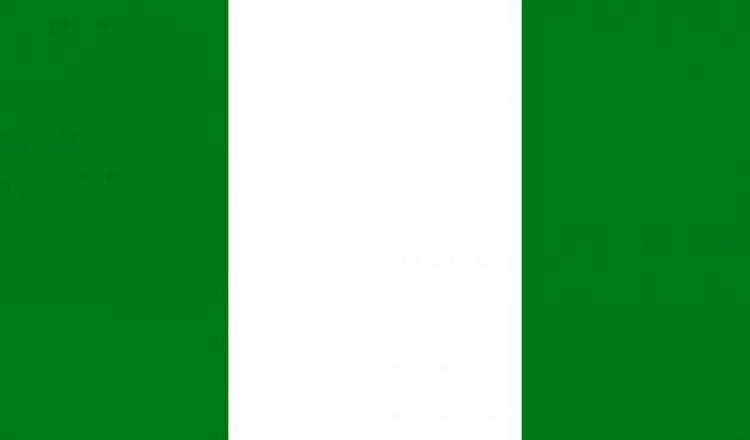Nigerian Authorities Must Stop Intimidating Journalists And Activists
2020-03-09 01:30

Nigerian Authorities Must Stop Intimidating Journalists And Activists
Reports of harassment of journalists and activists in Nigeria, is nothing new. Human rights activists, international bodies and local activists have all decried the harassment, intimidation, physical assault and even arbitrary arrest of journalists and activists by Nigerian security forces just for doing their job and expressing opinions.
The reported harassment, arrest and detention of journalists in Nigeria by government agents is a disturbing trend that threatens the prospects of democracy and freedom. It is a cause for concern. The attempt to silence dissenting voices in any government is a sign of impending dictatorship. Once the authorities succeed in clamping down on freedom of speech and freedom of information, all other human rights are put at risk.
All people of conscience should stand up and challenge this dangerous trend, if not it will come back to haunt us in the future. The recent ‘Social Media Bill’ proposed by lawmakers in the Senate of Nigeria speaks volumes about Nigerian authorities attempt to gag freedom of information and freedom of speech. The lawmakers proposed this bill in 2016, fortunately, it was rejected by Nigerians. Unfortunately, the Senate of Nigeria reintroduced the bill in late 2019.
This bill is a major threat to freedom of speech and freedom of information. The new bill directly targets the following: radio and TV stations, online and print newspapers, journalists, on-air personalities (OAP), website hosts, bloggers, YouTube channels, social media influencers and internet service providers. Targeting the full spectrum of the media in this way means that the government can restrict the freedom of speech and freedom of information as and when it wishes.
The broad spectrum of people and activities that this bill targets means that anyone can be deprived of access to the internet. It is, therefore, the duty of all conscious Nigerians and human beings from around the globe to urge the Nigerian authorities to respect human rights, most importantly the Freedom of Speech/Expression and the Freedom of Information; which is enshrined in section 39 (1) of the Federal Republic of Nigeria constitution (1999).
As a member of the African Union, Nigeria must uphold its commitment to Article 9 of the Banjul Charter which came into force in 1986 and declares that:
- Every individual shall have the right to receive information.
- Every individual shall have the right to express and disseminate his opinions within the law.
Freedom of expression is recognized as a human right under article 19 of the Universal Declaration of Human Rights (UDHR) and recognized in international human rights law in the International Covenant on Civil and Political Rights (ICCPR). Article 19 of the UDHR states that "everyone shall have the right to hold opinions without interference" and "everyone shall have the right to freedom of expression; this right shall include freedom to seek, receive and impart information and ideas of all kinds, regardless of frontiers, either orally, in writing or in print, in the form of art, or through any other media of his choice."
The Nigerian authorities are trampling on national, regional and international conventions with their harassment and intimidation of journalist and activists. Recently Nigerian secret police (DSS), has been accused of harassing journalists working for PremiumTimes, an online news outlet that uncovered the rift between some high ranking officials in Buhari’s government, the paper claimed the rift is the major factor that’s preventing a lasting solution to the insecurity facing Nigeria.
The Nigerian authorities must respect citizens, journalists and media platforms rights to exercise freedom of speech and freedom of information; these freedoms are essential components of civil.
Journalist Support Committee - Switzerland
March 3, 2020









